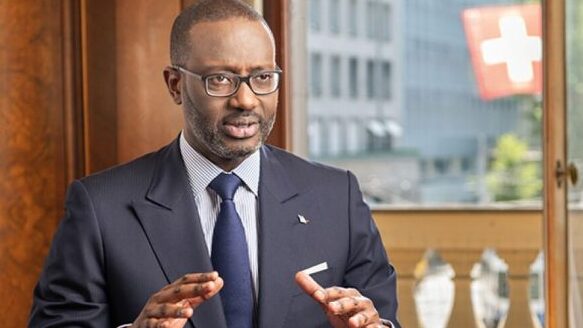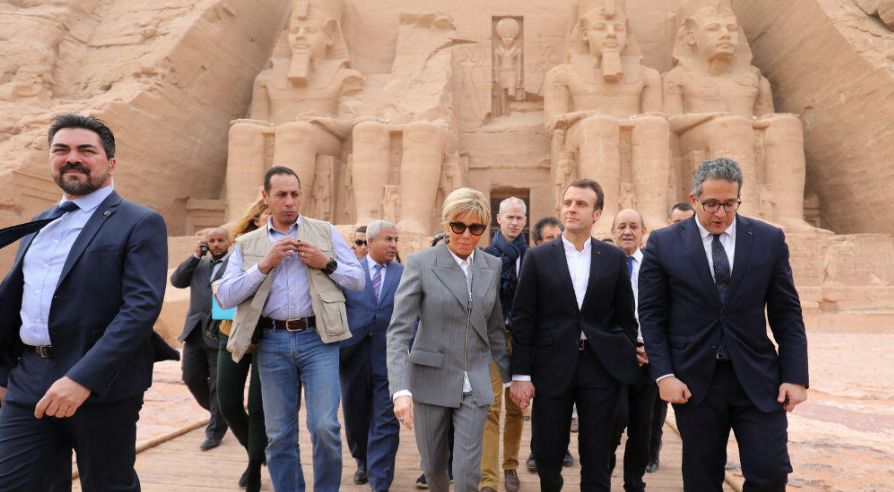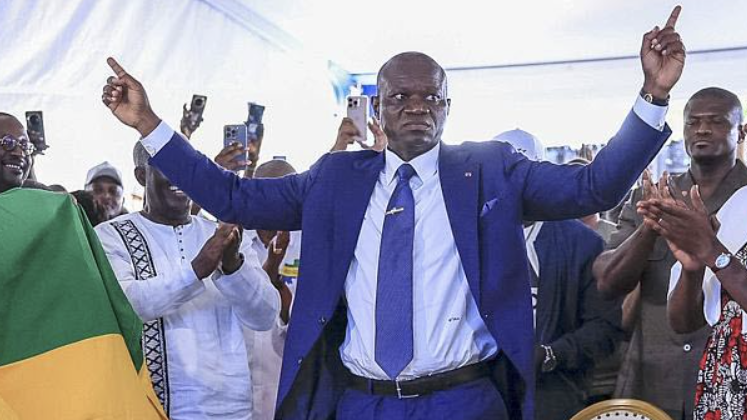
Ivory Coast: Tidjane Thiam's emergence in the face of international pressure
As Alassane Ouattara attempts to navigate election promises and international pressure, former Credit Suisse CEO Tidjane Thiam finds himself at the center of a controversy that is only intensifying. Foreign authorities are beginning to exert palpable pressure to allow the Minister of State to run in the 2025 presidential election. But what does this maneuver really mean for Côte d'Ivoire? Between power politics and leadership issues, the landscape is becoming particularly fascinating.
A candidacy under high pressure
It seems Ouattara's political winter has taken an unexpected turn. While it was thought the president had the situation well in hand, the emergence of Tidjane Thiam as a likely contender has cast a chill over his entourage. Western diplomats, increasingly fishing in Côte d'Ivoire's troubled waters, claim that Thiam's candidacy would bring stability and modernity to the country. But who can really guarantee this? By intertwining international interests, these outside voices raise doubts about Ouattara's ability to unite Ivorians around a common vision.
Thiam, a man of the system or an outsider?
What is undeniable is that Tidjane Thiam has an impressive background. A former director of investment operations and ex-captain of the Credit Suisse ship, he possesses a charisma and reputation that thrills many voters. However, his position as an expatriate who has navigated the upper echelons of Western economic life also raises questions: Is he truly an Ivorian of the people or the product of a system he claims to portray? Could the image of the technocratic leader actually bring about the much-desired change, or would it risk merely reproducing the classic patterns of ruling elites?
The dilemma of local legitimacy
For Ouattara, the situation is becoming more complicated. Should he really foster the emergence of a potential rival consolidated by international support? In terms of political strategy, the answer is not simple. On the one hand, allowing Thiam to run could reassure foreign investors and ignite popular enthusiasm, but on the other, it could be perceived as an abandonment of Ivorian political sovereignty. On the one hand, the introduction of an outsider selected by international actors would exacerbate existing tensions, and on the other, it risks uniting a united front against an already controversial president.
Côte d'Ivoire therefore appears to be on the brink of a new era, marked by this tug-of-war between local ambitions and foreign interference. The coming months will be decisive in determining not only Ouattara's trajectory, but also the political future of the entire country. Caution must be exercised, because politics is like balancing on a tightrope: one false step and you'll fall.



Leave a comment
This site is protected by hCaptcha and the hCaptcha Privacy Policy and Terms of Service apply.